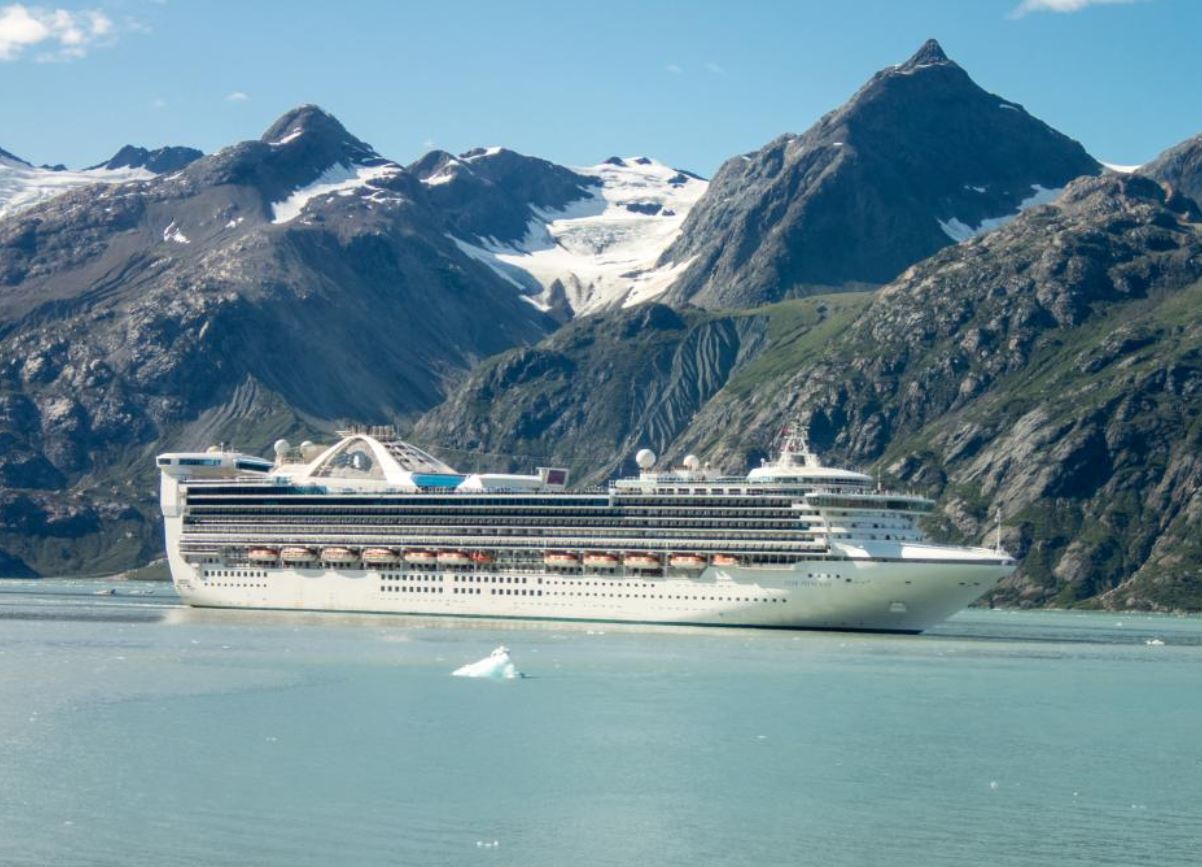The impact of Russia’s invasion of Ukraine inevitably impacted the cruise line industry, with all major cruise companies rapidly seeing the adverse effects of both the conflict and the resulting sanctions.
Within the first two weeks of the invasion, Norwegian Cruise Line Holdings, Royal Caribbean, and Carnival Corporation all saw noticeable losses in their stock prices.
Carnival Corporation saw its share price slope downwards to $15.53 on March 7, the lowest point since April 3, 2020, when the Covid-19 outbreak wreaked havoc across the entire tourism sector, with the cruise industry being particularly devastated by healthcare protocols and restrictions.
On March 8, Royal Caribbean tumbled to $62.13, its lowest point since December 2021, when the stock price stood at $64.27.
While it has since recovered somewhat, reaching $68.43 on March 11, this is still significantly lower than its price of $83.76 on the day after the invasion began, coinciding with the industry’s broader negative trend.
On March 2, Royal Caribbean had announced that it had suspended all operations in Russia, removing St. Petersburg from all of its summer voyages.
Norwegian Cruise Line Holdings also bottomed out on March 8, when its share price reached $15.19 in early trading.
“It is disappointing because St. Petersburg is one of the crown jewels of the Scandinavia itineraries, but certainly, there are alternatives,” CEO Frank Del Rio stated during a post-earnings call.
While Norwegian’s stock price bounced back to $17.49 on March 11, it remains lower than its recent high of $23.72 on February 9.
On the day of the invasion, Norwegian Cruise Lines announced that it was forced to change some of its itineraries and cancel some of its voyages to ports in both Russia and Ukraine.
“We are currently working to confirm replacement ports and will advise all impacted guests and travel advisors as soon as possible,” a company spokesperson said at the time.
Norwegian chief financial officer Mark Kempa had spoken about the potential removal of St. Petersburg during a call with investors, who downplayed the event, despite calling it ‘a worst-case scenario’.
“If we’re not able to call on Saint Petersburg or the surrounding areas, there are plenty of other ports in the Scandinavian region that we have the ability to call on,” Kempa said, before stating that “Europe is a big continent too”.
“There is a lot of other areas that we can operate in,” the CFO added.
Meanwhile, cruise lines based in the United Kingdom were affected as well.
P&O Cruises, who sail from Southampton, said that it will be changing itineraries on its Baltic cruises.
“In light of the current situation evolving in Ukraine we continue to monitor this situation very closely and we will amend itineraries as necessary following guidance,” the company said in a statement.
“Our top priority is compliance, environmental protection, and the health, safety, and well-being of our guests, crew members, shoreside employees, and the people in the places we touch and we will advise guests of any changes accordingly as soon as possible,” the company added.
SAGA Cruises, who sail from the same port as P&O Cruises, said that it is reviewing all itineraries that include Ukraine and Russia, with all customers who are booked on an affected holiday or cruise being contacted for changes to their bookings.
“Guests are in the process of being contacted about the change, and the rest of the cruise remains unaffected,” a SAGA spokesperson said.
“We will continue to monitor the situation and if necessary make further alterations to our itineraries whilst still ensuring the best experience for our guests,” the company added.
Beyond the cancellation of trips to Russia and Ukraine, another key concern for cruise lines is the rise in marine fuel cost, which is eating into their profitability.
On March 8, very low sulphur fuel oil (VLSFO) prices in Rotterdam reached $972 per tonne according to market analysts Argus Media, the sixth consecutive day the benchmark had set a record.
Furthermore, that price reflected a 44 per cent gain in the span of twelve days, affecting not just the cruise line industry, but the entire shipping industry as a whole.
“Some Russian sellers continue offering marine fuel but they face a significant drop in demand from foreign shipowners, which have switched to bunkering in northwest Europe and Asia-Pacific to minimise exposure to further sanctions amid the ongoing Ukrainian invasion,” Argus Media analyst Stefka Weschler said.
“Bunkering companies in the Russian Far East hope to see steady demand from Chinese shipowners,” she added.







Click here to change your cookie preferences